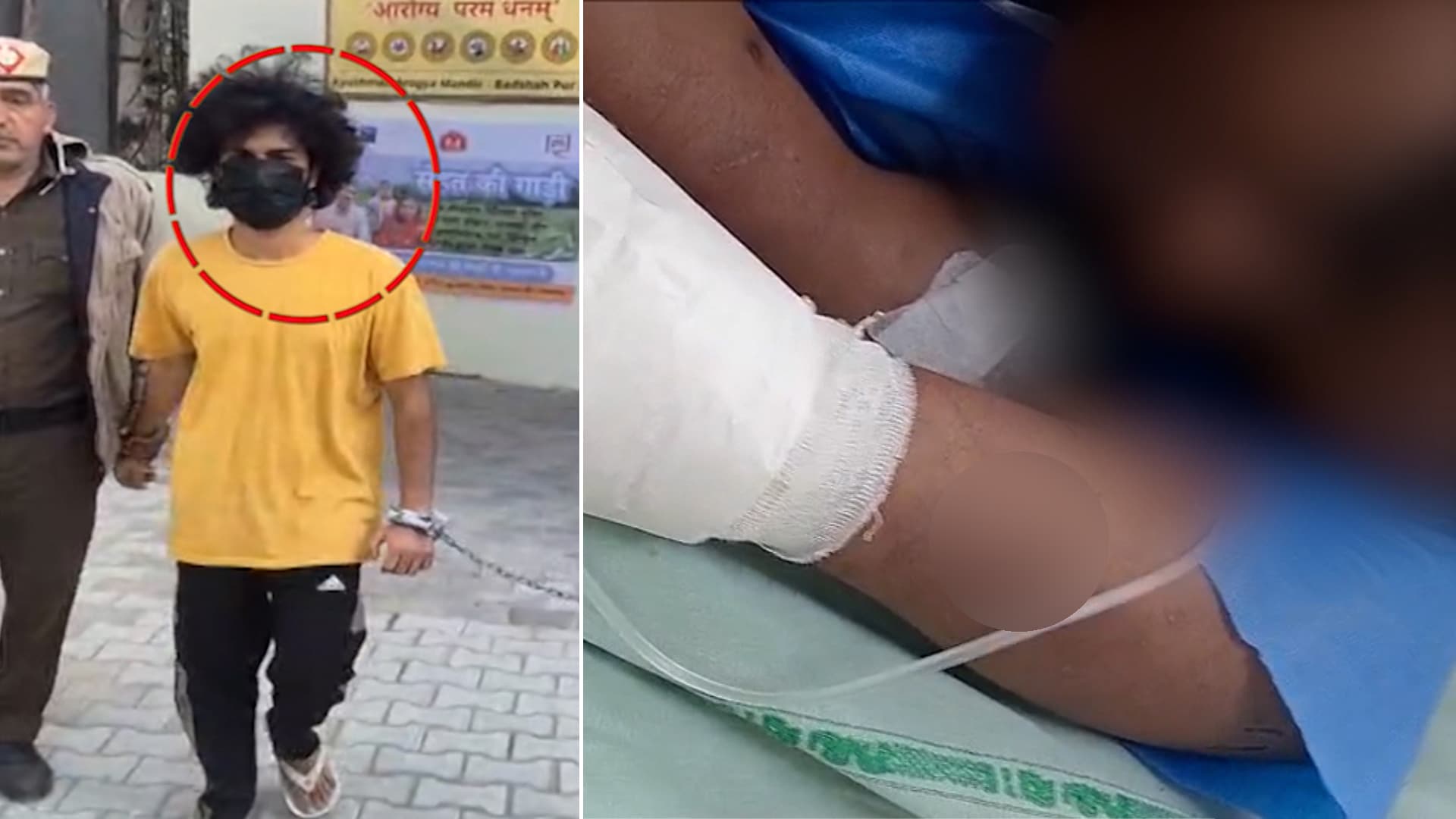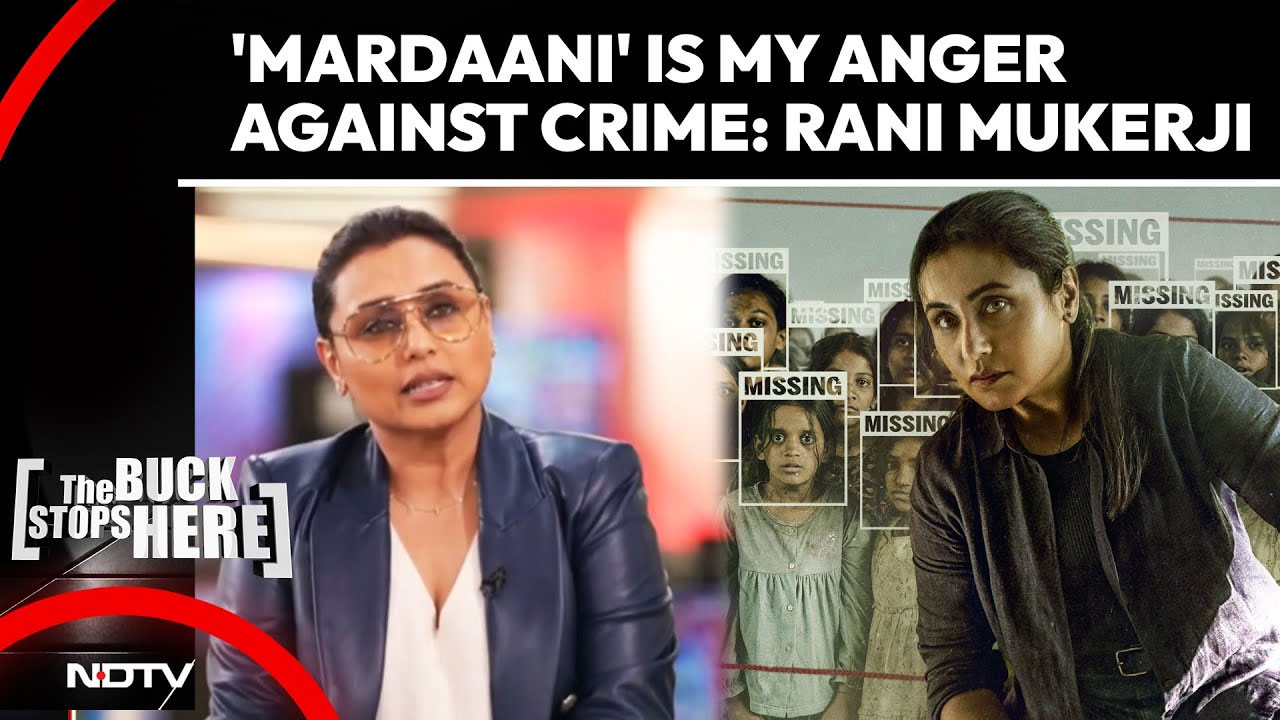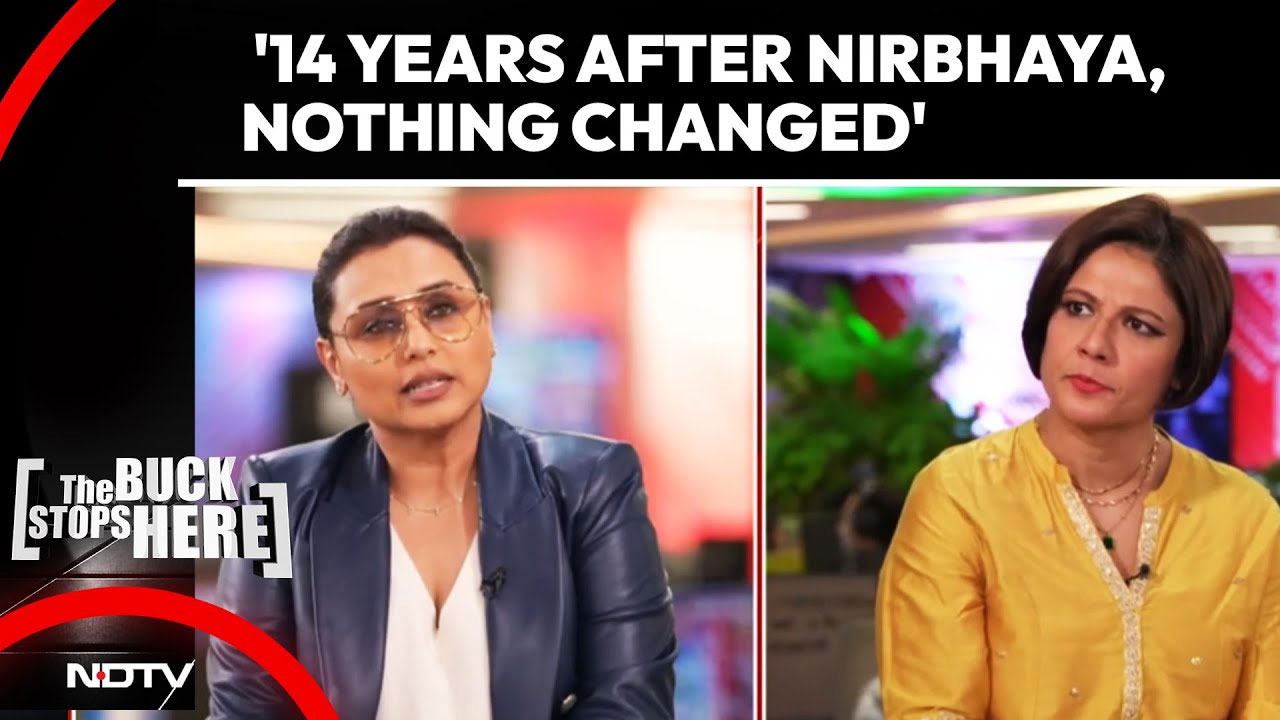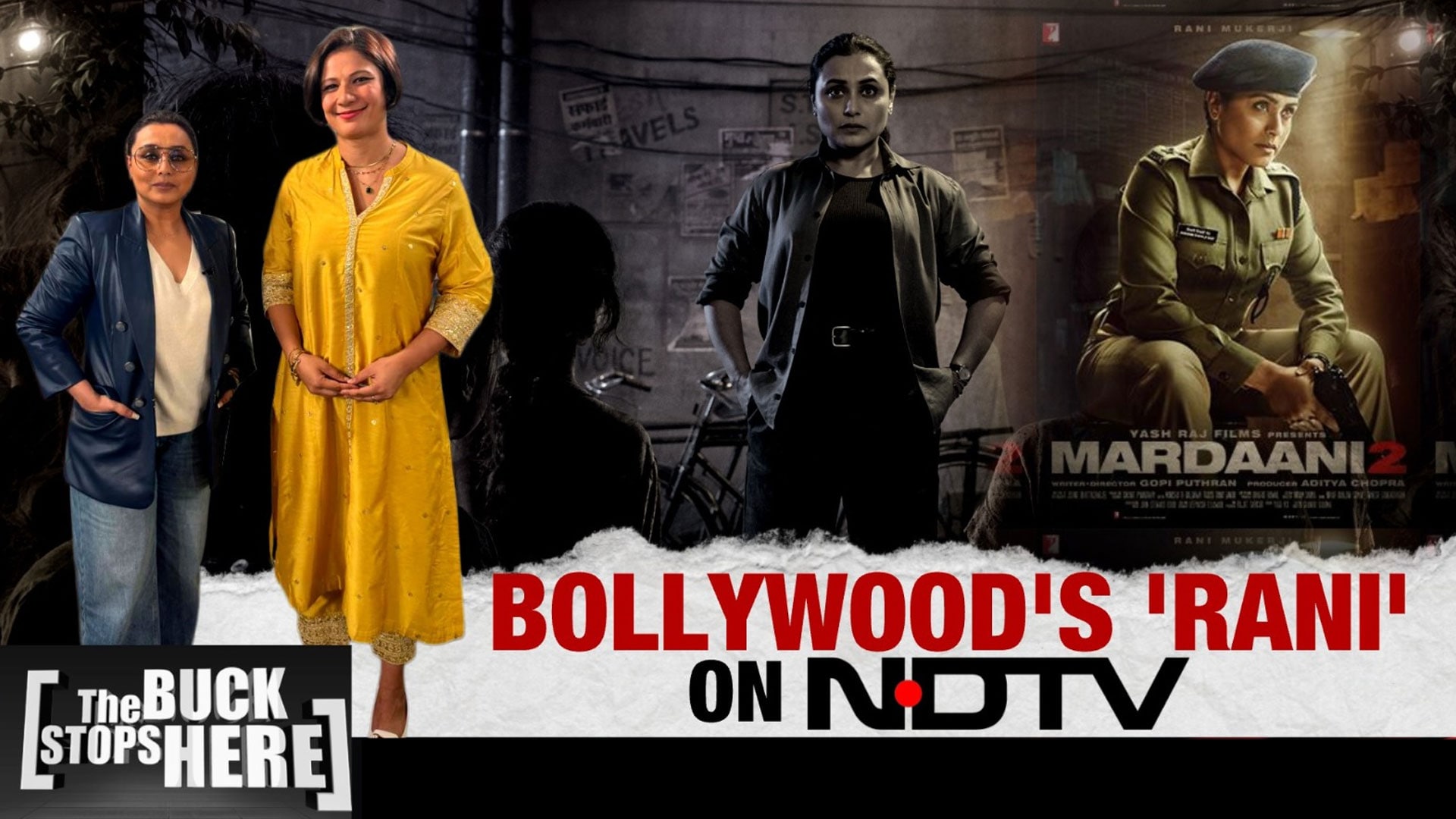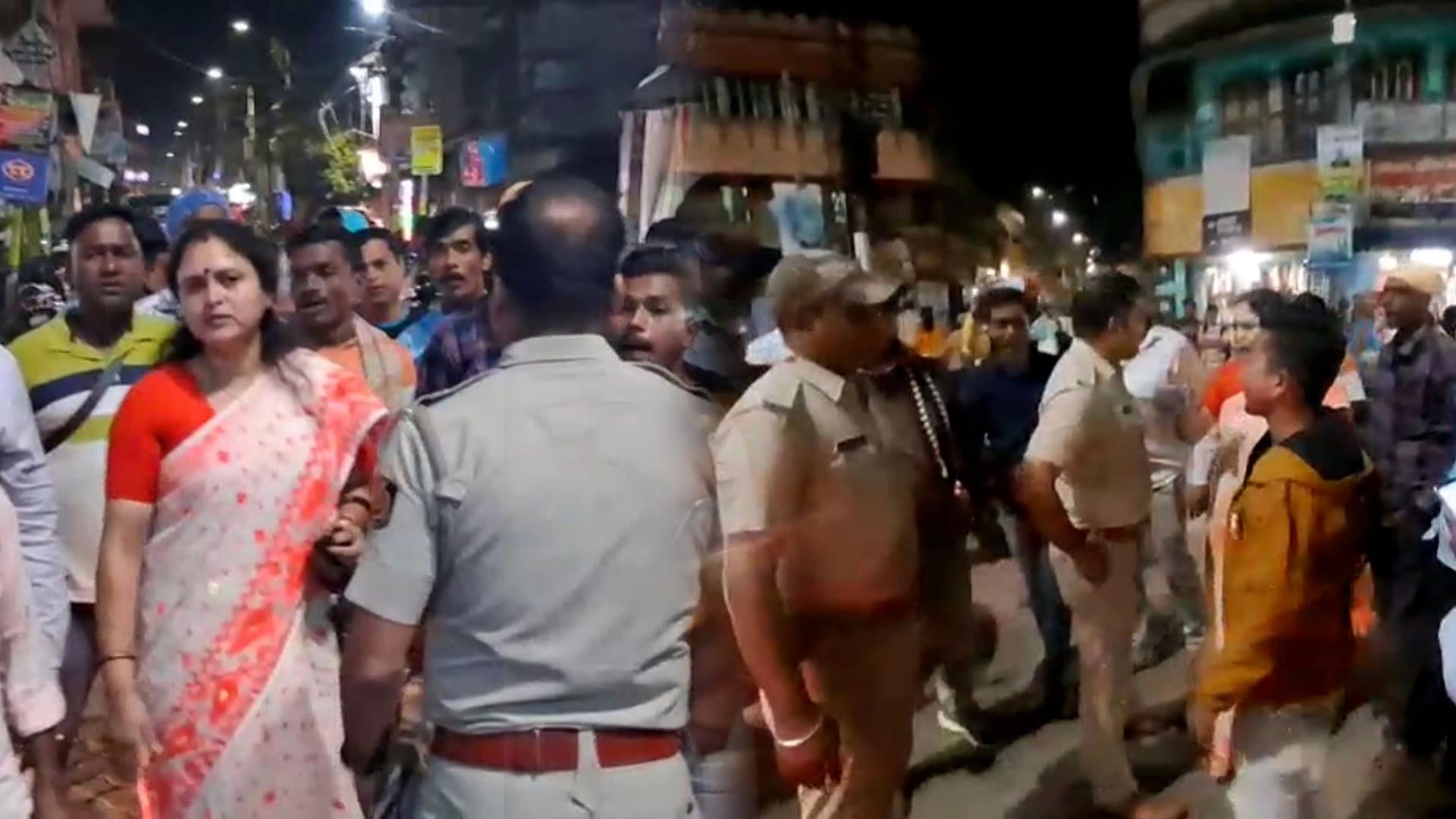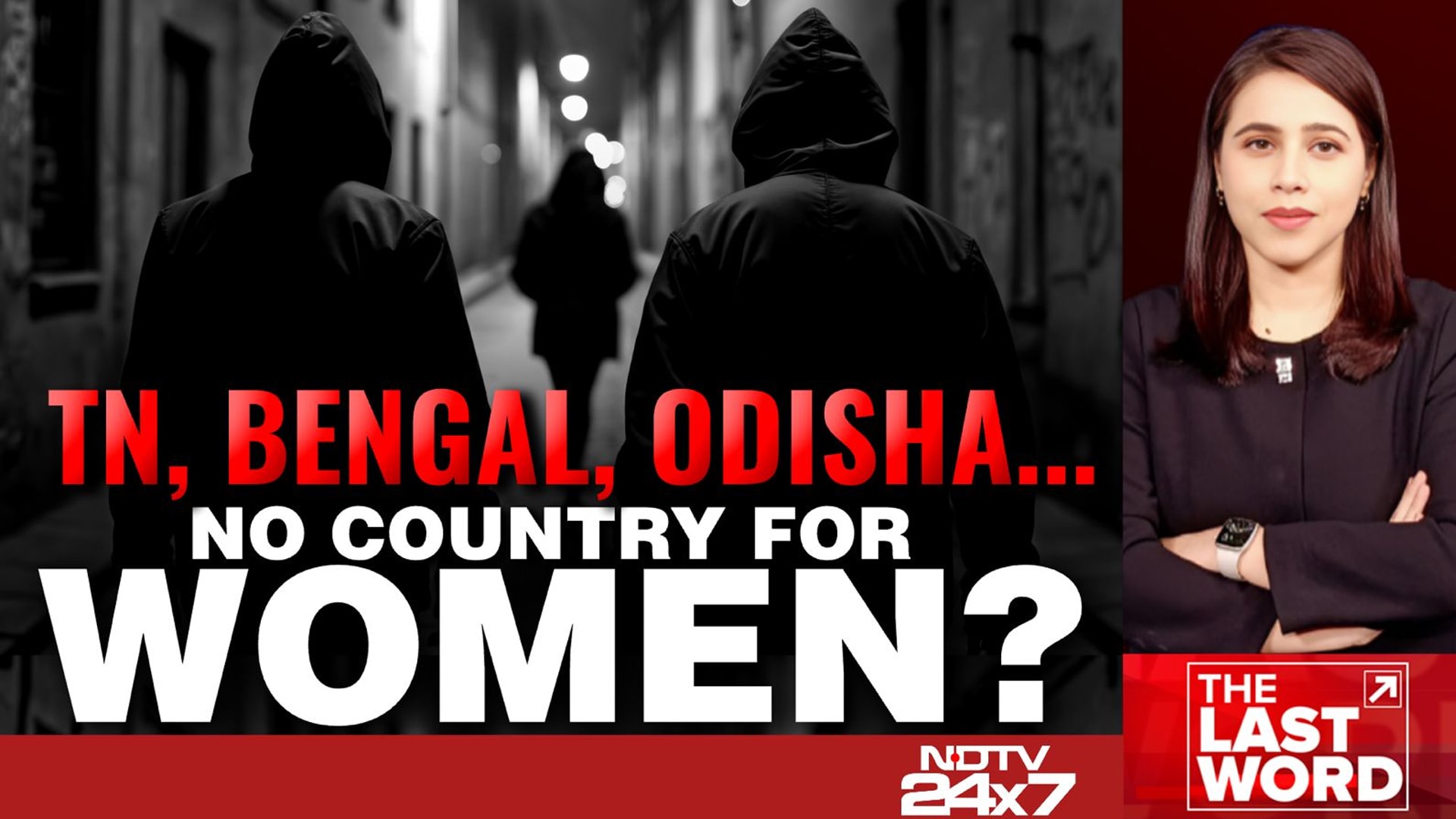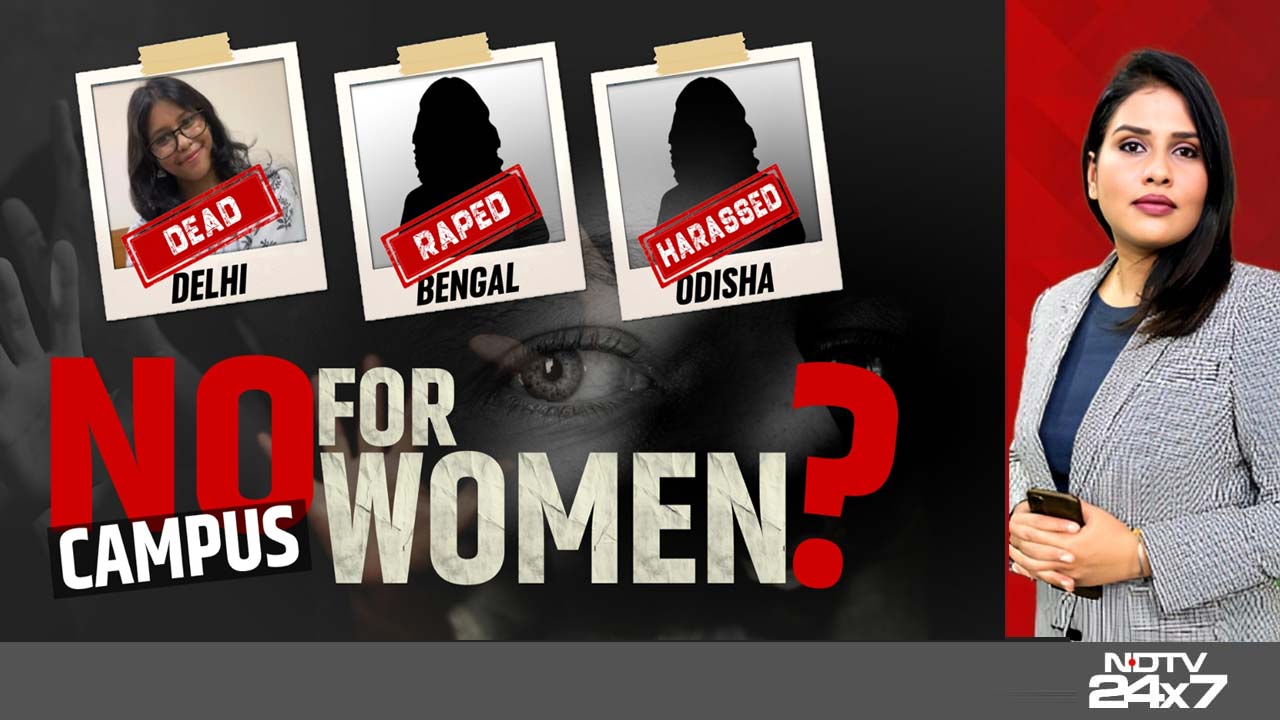Will Death Be A Deterrent In Child Rape Cases?
When the Nirbhaya gang-rape happened in 2012, one of the big demands by angry people was to make the anti-rape law more effective and to push for the death penalty. In Nirbhaya's case, that is what happened. All the accused, except the juvenile, got the death penalty and their appeal is with the Supreme Court. Nearly six years later, there has been another uprising against sexual crimes after the rape-and-murder of an eight-year-old girl in Kathua. So last week, the union cabinet passed an ordinance that gives the death panelty to anyone who rapes a child below the age of 12. Today, the Jammu and Kashmir government has followed suit and also passed its ordinance, but is this going to solve the problem? That is exactly what the Delhi High Court has asked the government. It wants to know if any scientific assessment or study was done before passing this ordinance. It wants to know whether the offenders will leave the victim alive now that
rape and death have the same punishment. The debate over the death penalty has been a long standing one and there are no easy answers as to what is right or what is wrong. The outrage and anger that families feel on the rape of their children is genuine and even more so in India where justice is pathetically slow. But will the death penalty really act as deterrant? That's the big debate.
